“Tonight We Love”
Montiglio: That’s the Four Direction. It was a
singing group. We opened up Little Anthony and **. It wasn’t a hitless group.
We recorded on Decca Record, we went on thirteen Television shows. We did
albums with Mitch Rider. All I needed was a kick from my uncle to get it, and
he wouldn’t do it, because he said it was dirty Business. Pornography was a
clean Business, but Singing was a dirty Business. I had that argument with him.
It’s all right to kill People, but no to sing.
“Uncle Sam needs your help again.”
When I joined the Green Beret, I went over the Uncle
Nino’s house. And it was in the evening, and I walked in all proud, figuring I
was going to save the World from Communism, and I told him I had joined the
Green Beret. It was like the top fighting unit in the Army. And he just sat
down and stared. He looked at me, Boy, you are an idiot. I always thought you
were an idiot, but you are an idiot. I said, Why? He said, You don’t die for
these politicians, and you don’t die for these generals. You die for us, you
die for your Family. That’s all fine and dandy, but I’m leaving in two days,
and I’ll see you whenever I get back.
Featherstone: Right at that point, 17, I was almost
killed by some guys who were trying to mug me and my friends. And they were
shooting at us on the Street. They tried to rob us, and they pulled the guns on
us. I hit one in the face with a coke bottle.
Narrator: In a few years, Mickey Featherstone would
trade a coke bottle for a gun. He’d become a homicidal maniac, a hitman for the
Mob. But in 1967, he was just another kid in trouble looking to get out.
Featherstone: I’d been trying to get my mother and my
father to let me go to the Army at that time, and they won’t let me do it. That
incident there got them to give me the permission to join. [Accurate.]
When I was in Vietnam, at times I thought we were
worse than the enemy. Murdering the People, and torturing the prisoners,
hooking them up to the field phones and shooting Electricity through their
bodies. Tying them to the trees upside down to their feet. Some of them were
shot in the head.
Beattie: The War had a big influence on him. When he
first got there with the commanding officer, there were two guys pleading for
their lives, the Viet Congs, with their hands bound. I guess they were praying
or pleading, I don’t know. The guy, he looked at the commander, and the commander said,
Shoot him. He said, I just robbed, these guys are asking for their lives. I blew both their
heads off. He said after that, it came easy. [Accurate.]
Featherstone: I was ashamed of being in Vietnam. And
when I became a street guy when I came home and did the things I did, then got
involved with the Westies later. When I think about it now, it’s like a
suicide. I
wouldn’t kill myself for somebody who would eventually kill me.
Montiglio: My specialty was mainly light Weapons. I
was a light Weapons man on the team. So I handled all the sniping. A lot of
boobytraps. I think the Military prepared me more for going back than Brooklyn
prepared me for going to the Military.
When I came back from Vietnam, I landed in Oakland,
at the Army Tunnel. Spent a few days at the Bay Area. [omitted] I rented an
apartment building over there. I bought a saxophone, I got back into Music.
Bought a little piano.
It was all fine and dandy. Everything was great.
Until I went to see The Godfather [1972]. Revelation. It just reminded me so
much of home and the Family that I really, really got homesick. We walked out
of the movie theater, and I said to my wife, It’s time to go back. It was the
Corleone, the Michael Corleone character, it was too much that I related to the
film. And being naïve and rather stupid, not knowing what it was really like. It’s
not like it is in The Godfather. It’s not that easy to walk up and just shoot
somebody in the head in the street. It’s a very difficult thing to do. The first
thing they had me do was to rig a hand grenade in somebody’s car. And I
happened to have gone to School with this kid. And it was something for 12
years earlier, he broke my uncle’s nose in a fight. And my uncle waited 12
years, all that time, We’re going to get him, we’re going to get him, we’re
going to get him. He didn’t get killed. He got broken bones or something like
that. About eight, nine months later, we saw him again. I figured by this time,
Nino had calmed down again, and got it out of his mind. Usually, when you try
and you miss, Okay, we tried and we missed. Leave the guy alone. Not so. It was
my wife’s birthday party. He got me out of the birthday party, Roy DeMeo, and
he said, Guess who’s corner of 86th street. I said, Who? Vinnie Mook. I had to
tell my wife, Okay, we’re leaving the birthday party. We all got disguises on.
We all went and just shot him in the street. And went over to the Brooklyn
Bridge, gave all our clothes away, disguises clothes to the bums, and went back
to the party like nothing happened. Had the cake and handed over the presents.
You see, when you get into that life, it’s not like somebody
just takes you and say, Okay, go out and do this. It’s a gradual ascent or
descent, depending on your opinion of it. It’s gradual. First I ran a car
service. Then I made a couple of pick-ups. Then I did a little of this, then I
did a little of that, and it just escalates and escalates, and you take on more
and more, and you start feeling in here more and more, That’s what I do
for a living now, [Accurate.] That’s what I do for my Family. And
this was like a rite of passage. I never heard it in the real street vernacular,
but in the books and the movies, that’s making your bones.
Marazano: Making the bones means doing the job when
you want to go into service. You’ve got to make your bones. You’ve got to show
them you’re a stand up person. You’ve got to show them you’re going to perform.
You’re not going to back down. You’re not going to start [crying gibberish], or
shit like that. It won’t cut. It won’t hold water.
Leonetti: My uncle said, Look, we have to kill Vince.
I said, Okay. And around this time, Vincent was starting to get a little
suspicious. He felt like maybe my uncle was going to hurt him. And he told me
around the hangouts, he says, Look, no matter what happens, I don’t deserve to
die. I said, Vince, nobody’s going to hurt you. How could you even talk like
that to me, I said, come on. I’m trying to relax some. I said, Vince, get some
ice, we’ll have some drinks. Eventually, he walks over to the kitchen. He opens
the refrigerator door to get the cie, and that’s when I shoot him. He falls
down, and my uncle listens to his heart. He says, Shoot him again in the heart.
And I put thee gun in his chest, and I shot him.
Narrator: Phil Leonetti’s hit on Vincent Falcone earns
him the nickname Crazy Phil. He’s proven his Loyalty to the Bruno Crime family.
The Gentle Don. [Jimmy Carter. Zbignew Brezinski. Samuel
Huntington. Abba Eban. Henry Siegman. George Clooney. Steven Soderbergh.]
Newsreel: Things are a lot quieter tonight on Snider Street on South Philadelphia. The last night at this time, in front of this house, a reputed Mob boss, Angelo Bruno was gunned down. Today’s his friends and relatives of Bruno paid their respects to his Family.
Narrator: The hit on Don Angelo Bruno outside his
home in 1980 was the beginning of a War. Before the War ends, two dozen guys
get whacked. Stakes are high, Control of the new Casino rackets in Atlantic City. Phil Testa
to become boss, Uncle Scarfo to become consigliere, and Phil Leonetti a made
man.
Leonetti: I was made a member of the Family. Phil
Testa, the boss of the Family at the time, called me the center of the circle.
He pointed to a gun and a knife he had on the table, and he says, Would you use
this gun or this knife to help anybody here if they had a problem? I said, Yes,
I would. He picks my uncle to prick my finger to take blood from it. My uncle
takes the blood from my shooting finger, he puts it in the piece of
tissuepaper. Phil Testa says, I want you to make-believe this piece of
tissuepaper is a picture of saint. And what I’m going to, Philip, I want you to
cup your hands, and light this tissuepaper on fire. And as it’s burning in your
hands, I want you to juggle it and keep saying, May I burn like this saint if I
betray my friends. And I want you to keep saying that and juggling it until it
burns out, which I did. And when it burned out, Phil Testa put his hands over
mine, and he brought the ashes into my palms, and that I was a part of the
circle, I was a made member. [omitted] It’s a moment that makes you feel very
powerful, makes you feel very strong. Makes you feel I’m a part of this Family
that, We’re all friends, we’re all brothers, we all help each other if somebody
has a problem. I felt very Good about it.
Montiglio: But the Family doesn’t necessarily mean
it’s a blood line. It’s just the Family. Everybody that’s there is the Family.
When you take the oaths, when you get made, that comes ahead of your blood
Family. It comes ahead of your kids, it comes ahead of your wife. If your wife’s dying in the kitchen, and you need to
perform a tricky Anatomy, and they give a call and say Come, she’s got to find
someone else to do the tricky Anatomy, because you’ve got to go, and that’s the
Rules. [Bureaucracy.]
They kill you. They retire you.
Narrator: Boss Testa lasts less than a year. The night he
gets blown up, a Little Italy restaurant takes the Testa Burger off the menu. Little Nicky Scarfo
is now the undisputed boss of the Philadelphia. He hits
the jackpot, Atlantic City’s untold millions.















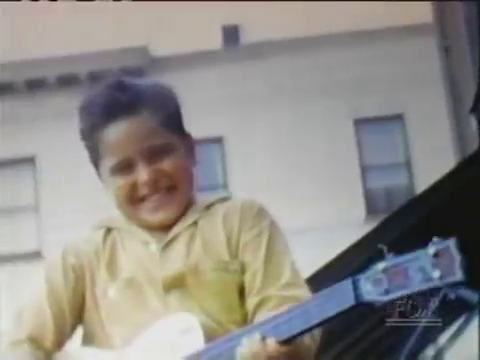
















































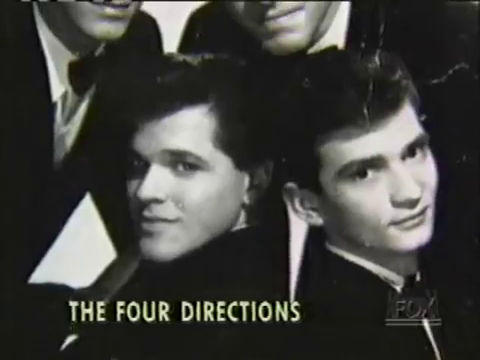






































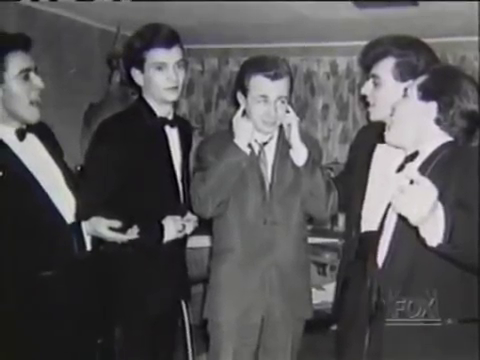



























































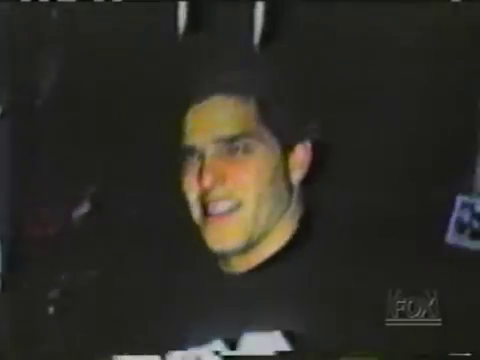


































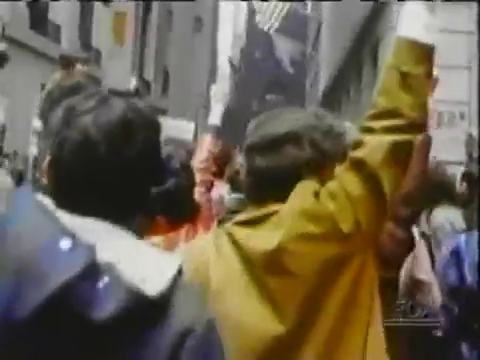







































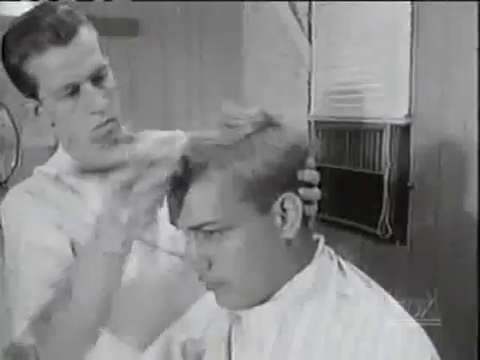
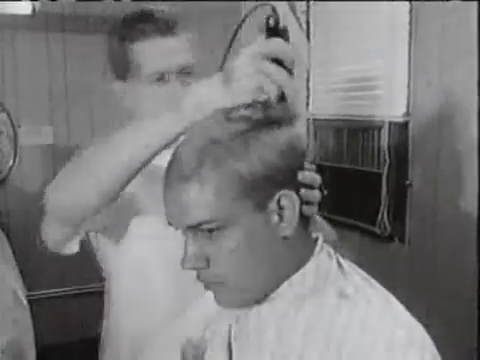




































































































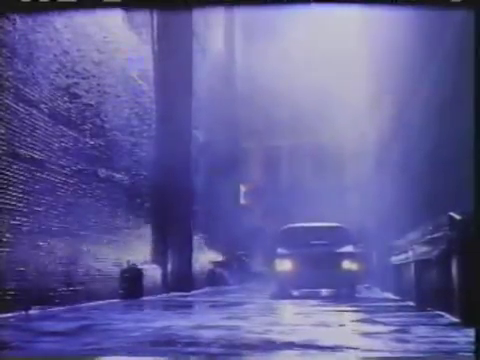


































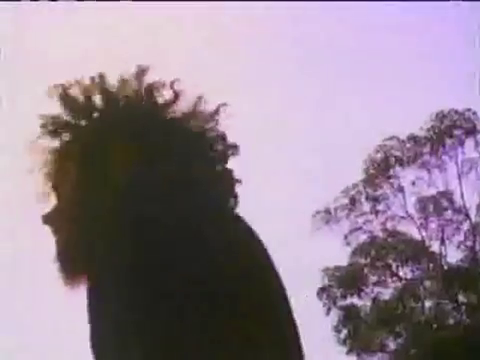


















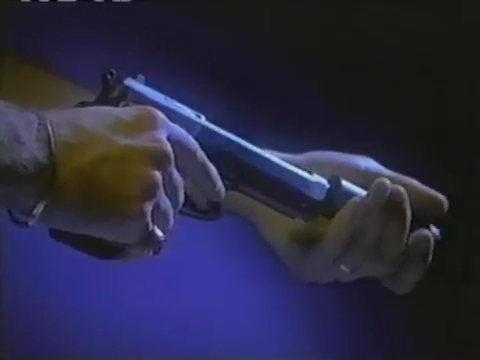

















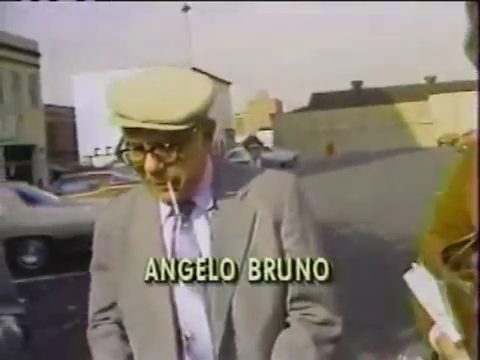








































































































































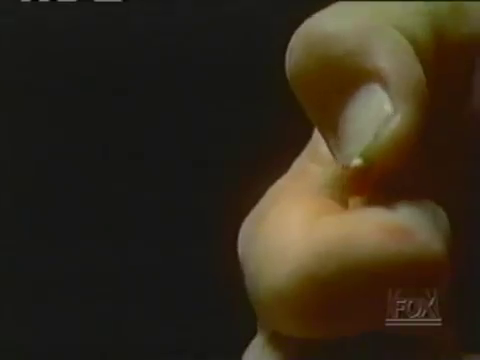













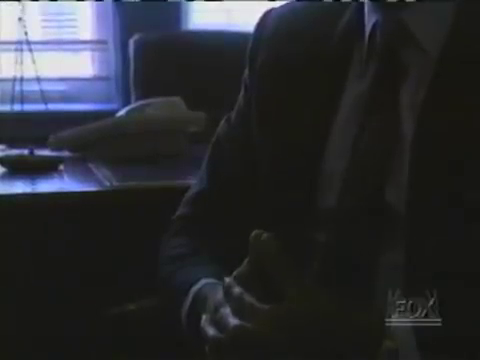















































































































No comments:
Post a Comment